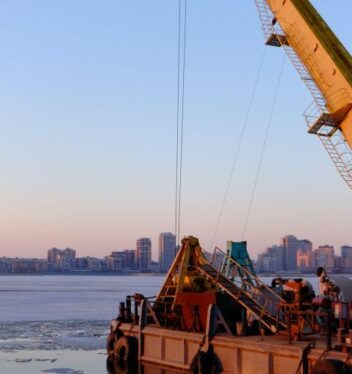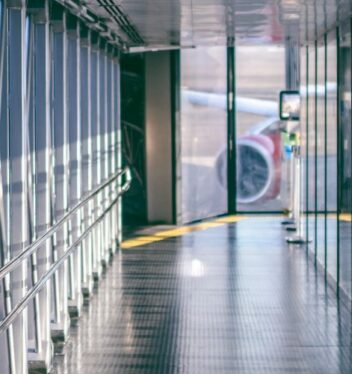When travel schedules go awry rotation workers are late for embarkation or hitch, projects become delayed and what should be a seamless part of logistics suddenly becomes a huge source of stress, frustration and expense.
Cost is crucial to a recovering energy sector and the desire to see a reduction in travel spend is one of the key motivations behind many an energy organisation’s decision to work with a TMC. However, many energy organisations have discovered that low cost does not necessarily equate to high value and have learned the hard way that a successful travel programme requires a delicate balance of cost and process efficiency.
Once a new travel partner has been implemented and rolled out across your organisation, how can you be sure that you continue to receive the most value from your travel programme?
Energy Travel Programme
ATPI Energy Travel’s experts have compiled this short guide, discussing what is key to ensure that your energy organisation is getting the most value from your current travel programme.
A flexible travel programme is essential if energy organisations are to achieve their wider business goals and receive the most value from their TMC, but what does flexibility really mean within the context of the energy sector?
Conditions in the energy industry are liable to change and plans are heavily dictated by political influences, extreme weather or on the ground unforeseen circumstances. Therefore, flexibility refers to the ability to react quickly to these changes without there being too much of an effect on productivity.
Getting a traveller onto a plane quickly is one thing, but there are a host of ‘behind the scenes’ processes and regulations around visas and permits that need to be taken into account – getting these sorted requires another layer of flexibility to a travel programme.
An inflexible travel programme can incur great costs, both in terms of productivity, efficiency and travel spend. For example, a programme that prioritises the cheapest possible fares above all else could actually fall prey to fees and charges that are applied when itineraries need to change
A truly flexible travel programme should include:
Fare sourcing
Working with a travel supplier who can source fares globally provides the best chance of securing favourable rates, but it’s also important to pay attention to the types of fares that your organisation is booking.
There’s a misconception that all bookings are unchangeable once confirmed and therefore many energy organisations are reluctant to book too far in advance, as they know their itineraries can quickly change. However, marine fares are incredibly flexible and can be changed quite easily so there’s everything to be gained by trying to increase lead times
Total cost of travel
Understanding the total cost of your organisation’s travel will allow for more accurate reporting and budget forecasting, but it can be challenging to gather this information if your organisation relies on different systems and processes when managing crew rotations or personnel travel.
Finding workflow management and travel booking systems that integrate with personnel management, payroll, HR and expense tools will allow for easier reporting on the total cost of travel, as all information will be centralised. If crew managers have access to this kind of data, they’re more informed and are best placed to identify areas in which flexibility can be achieved at the lowest possible cost.
Reporting and analytics
Understanding how your organisation travels today is the best way of predicting how it will travel in the future.
There is an immense amount of data involved in crew changes and personnel travel – all of which needs to be reported on if it’s to be used strategically as part of cost and time-saving initiatives. Being able to run your own reports on everything from duty of care and tracking, to lead times and delays and even the cost of meals and ground transport provides you with greater control of both your time and spend.









